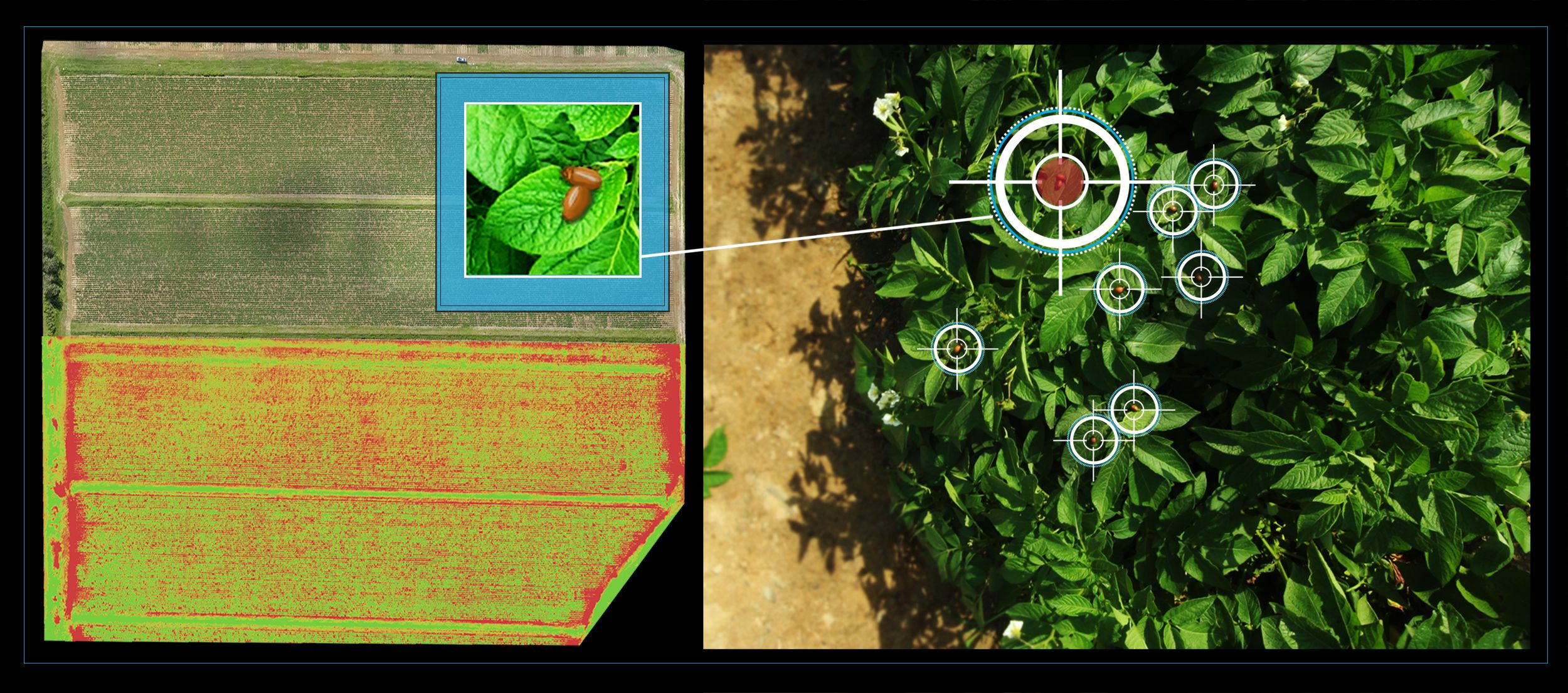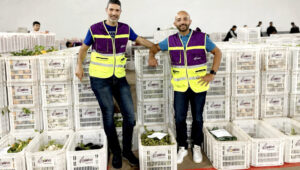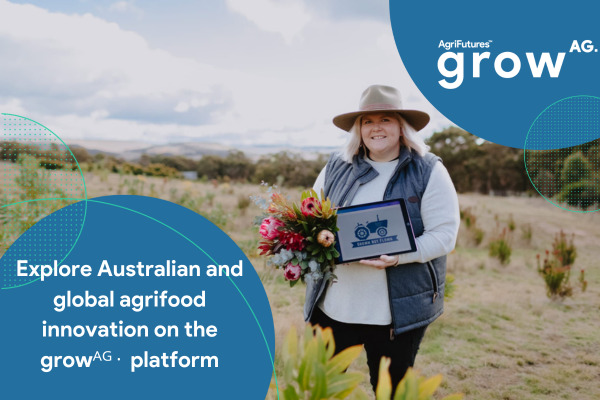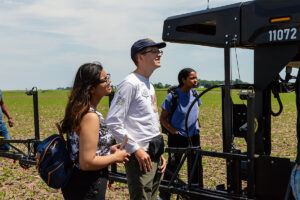This week, Monsanto Growth Ventures (MGV) led the $11 million Series B round for Resson, a Canadian image analysis startups for the agriculture sector. Resson’s proprietary system, the RAMAS (Resson Agricultural Management and Analytics System), integrates large scale cloud-based data analytics with sensor fusion and robotic platforms to give producers information about the state of their fields and crops.
It uses drones as well as grounded cameras to take the images, but promises to go further than existing remote sensing companies in optimizing inputs, maximizing yields, assessing moisture conditions, and detecting disease and virus. While there are new startups popping up every week promising to offer farmers better insights from images, there have been question marks over the efficacy and investment needed — time and capital-wise — to make use of existing options on the market.
Other new investors in the round were McCain Foods, and East Valley Ventures. Existing investors Build Ventures, Rho Canada Ventures, New Brunswick Innovation Foundation, and BDC Capital also contributed. MGV has now made around 15 investments to date.
We caught up with Ryan Rakeshaw, venture principal at MGV, to hear more about the deal.
Why did you invest in Resson?
Resson is an ag image analytics company that uses machine learning techniques to detect and classify in-season biotic and abiotic stressors such as plant disease, insect damage or other factors like lack of water. The company is able to take in imagery from multiple platforms, including ground-based cameras and UAVs, to perform these analyses. Resson provides unique capability compared to other ag imagery related companies, and they’ve been able to move, with scale, beyond NDVI (Normalized Difference Vegetation Index), which is the main analysis performed in many precision ag product offerings.
The company’s business model is also unique, focusing on partnering with larger businesses in ag. The technology can assist the R&D efforts at these larger companies as well as provide direct value to the grower.
Lastly, this again reaffirms Monsanto’s commitment to advancing digital agriculture and data science. We have strong internal data science teams, but also work with other digital ag innovators and entrepreneurs.
Entrepreneurs are more engaged with the food and agriculture sector than ever before. We believe Monsanto Growth Ventures (MGV) provides collaborative access to one of the most innovative agriculture companies, as well as deep venture capital experience within our team.
Part of Monsanto’s commitment to bringing new technologies to agriculture is recognizing other innovators the company can work with to deliver solutions for farmer customers. Venture capital investing is a natural outgrowth of Monsanto’s long history of partnering for outside innovation, and we will continue to look for creative deal structures, partnerships and investments that can improve the lives and practices of growers everywhere.
How does Resson compare to other data analytics companies in your portfolio?
Resson focuses on detecting and analyzing sources of crop stress in the field. This focus is different than our other digital ag companies: BRT, HydroBio, AgSolver, and Vital Fields.
Are there any potential synergies with other portfolio companies?
There are no immediate synergies currently taking place, but we do encourage our portfolio companies to work with each other. Our CEOs regularly communicate with each other and act as a peer group.
Were you surprised to see McCain in the deal?
We were not surprised seeing McCain invest in the round. McCain has been a partner with Resson for the past three years and has a strong interest in seeing the company become successful. Resson’s technology works particularly well in integrated supply chains like McCains. The company hopes to attract additional partners like Driscoll’s or Boswell that are similarly integrated.
Have you noticed increasing numbers of CPG companies looking at agtech investments?
There is certainly interest from companies like PepsiCo, Kroger, Purina, and AB InBev. They attend the AgTech conferences, but to my knowledge haven’t pursued VC style investments in AgTech yet. Food processors such as ADM, Cargill, DSM, and Bunge have actively been pursuing AgTech investments.















Guest article: Pure sustainability isn’t enough. Why stewardship is better for farmers and the planet